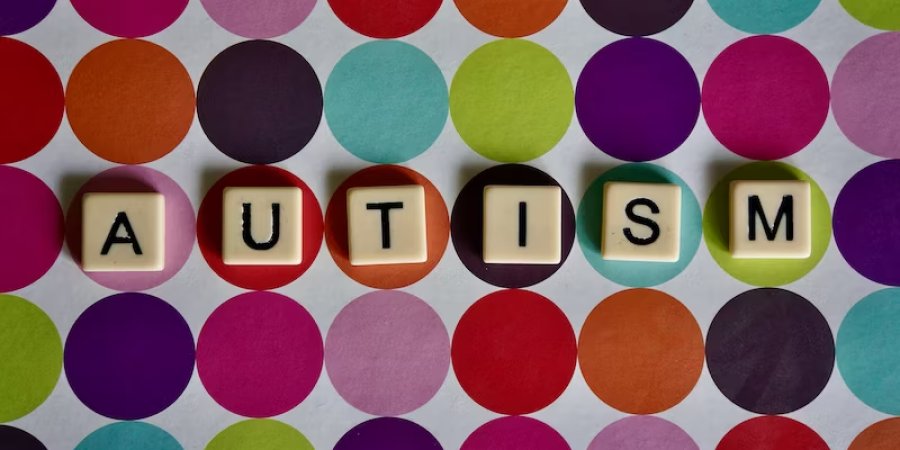Alternative Treatments for Autism

Since the diagnosis of Autism has been on the rise for the past several decades, it has taken particular interest to those scientific research community. A large chunk of time is spent attempting to identify causes of Autism and potential treatments and cures. As such, many alternative treatments to symptoms of Autism have been discussed and trialed, though none are evidence-based or proven, like Applied Behavior Analysis (ABA).
Some alternative treatment options for autism spectrum disorder may be considered “low risk”, while others may carry a much higher risk to the child’s health. It would be highly recommended to seek a recommendation from your child’s primary care physician before attempting to utilize anything other than a scientifically-proven treatment.
Food Supplements & Special Dietary Changes/Restrictions
- Elimination diets – frequently used in children with Autism, specialty diets such as gluten and/or casein-free diets are used to fight back against enhanced immune response in predisposed children or cause an autoimmunity. Further, it is thought that “opiod excess theory” triggers metabolites in the stomach and causes issues with systematic circulation. Children with ASD often experience GI issues and elimination diets are popular for treating increased permeability and bacterial overgrowth in the gut. The removal of foods and beverages containing casein, or the chemical found in cow’s milk that causes allergies, is often an elimination diet that is popular among those families who have a child with ASD.
- Camel milk - contains less cholesterol and dairy than traditional cow’s milk and is inclusive of other vitamins and enzymes such as PGRP, peptidoglycan recognition protein, which has been proven to reduce food allergies and regulating the immune system.
- Omega3 supplementation is sometimes used with or in place of fish oil for brain development and function
Medicine & Vitamin Supplements
Western, Eastern & Holistic Pharmacology
- risperidone or aripiprazole are two medications identified and sometimes prescribed to treat aggression and irritability in children with autism
- melatonin is a natural chemical made by the body that has shown to help those with insomnia or kids with Autism who frequently report troubles sleeping. It can be purchased over the counter.
- fish oil is an over-the-counter vitamin supplement that has been reportedly used to address hyperactivity
- vitamin B12 is said to have calming effects on behavioral issues
- probiotics for those children who experience Gastrointestinal (GI) symptoms or distress
- Vitamins A, C, B6, zinc, and folic acid are some of the more popular vitamins to give children with Autism. This is because many children with Autism have poor appetites or have a very strict repertoire of foods they’ll accept, and thus the vitamins serve as fill-ins for those they may lack
Traditional Chinese Medicine (TCM)
TCM works on balancing the yin/yang, or opposingenergies, and qi, or life force, that are present in all individuals, not just those diagnosed with ASD. TCM includes acupuncture and a process called moxibustion, where herbs are burned above the skin and then applied to acupuncture points. Other components of TCM include Chinese herbal medicine, tui na, or Chinese massage therapy, and dietary changes. Dietary changes include the elimination of fish, eggs, meat, ginger, garlic, and onion, which are believed to hold a higher internal temperature and therefore affect a child’s overall mood and cognitive functions.

Therapies & Physical Activities
- Massage therapy to reduce a child’s anxiety and stress levels and get oxygen and blood cells moving through the body with greater efficiency
- Accupuncture - a type of Chinese Medicine in which certain areas of the body, called “trigger points” are gently probed by an extremely thin needle to address everything from pain to headaches, stress, or appetite
- Yoga – has become an increasingly popular practice to supplement behavior therapy. Yoga helps children with Autism address their core symptoms of ASD, such as language and memory difficulties, poor self-regulation and weaker core and muscle strength
- Reiki - another mindfulness therapy involving the inclusion of Chakras where energies are redirected and changed within one’s mind and body
- Biofeedback is used with children who have Autism as they’re taught to control functions that used to be involuntary within their bodies.
Significantly more risky alternatives to the treatment of Autism
- Chelation – attempt to eliminate toxic metals from the blood, presumed to be caused by vaccines with trace levels of heavy metals as additives
- Hyperbaric Oxygen chamber - thought to help eliminate presumed inflammation in the body by increasing the child’s blood oxygen level
- Miracle/Master Miracle Solution (MMS) involves bleach intended to “detoxify” the body
- Antifungal ointments and creams for presumed Candida overgrowth
- Antibiotics for a presumed underlying illness
Frequently Asked Questions (FAQs) about Alternative Treatments for Autism
1. What are some common alternative treatments for autism?
Some of the alternative methods explored for treating autism include dietary changes (like gluten-free or casein-free diets), supplementation (such as Omega-3s, Vitamin B12, or probiotics), therapies (like yoga, massage therapy, or acupuncture), and Traditional Chinese Medicine practices.
2. Are alternative treatments for autism scientifically supported?
Most alternative treatments for autism lack the rigorous scientific research and evidence that supports more widely recognized treatments like Applied Behavior Analysis (ABA). Parents and caregivers should approach these alternatives critically and discuss them with a healthcare professional before implementation.
3. What risks are associated with alternative treatments for autism?
The risks can vary significantly from one treatment to another. Some are considered low-risk, like certain dietary changes, while others, such as chelation or hyperbaric oxygen chambers, can carry severe or even life-threatening risks. It's crucial to thoroughly research any treatment and consult with a healthcare provider to weigh its safety and efficacy.
4. Can dietary changes improve symptoms of autism?
Some families have reported improvements in autism symptoms following dietary changes, such as the elimination of gluten or casein. However, scientific support for these diets is limited, and they may not help every individual with autism. It's essential to ensure any diet change doesn't compromise overall nutrition.
5. Are there any supplements beneficial for individuals with autism?
Some studies suggest that certain supplements, like Omega-3 fatty acids, melatonin, or vitamins, may have benefits for individuals with autism, particularly if they have specific nutritional deficiencies. However, these supplements should not replace a balanced diet and should be discussed with a healthcare provider.
6. What should be considered before starting any alternative treatment?
Before starting any alternative treatment, it's crucial to do a risk/benefit analysis with a healthcare professional. This analysis involves reviewing the scientific evidence behind the treatment, considering potential side effects, and evaluating the treatment's credibility. Parents should also consider how the treatment fits into the individual's overall care plan.
Conclusion
The choice of your child’s Autism treatment should be made between your family and your child’s trusted behavioral and/or medicinal team. A risk/benefit analysis should be done on any treatment that does not have supported research- in other words, any treatment method mentioned here except for ABA therapy. Parents want their child with Autism to experience everything life has to offer and be able to have the abilities and skills that fill their lives with happiness. It is simply imperative that risks are taken into consideration before any alternative treatment method is started instead of or alongside ABA therapy.
More to Read:
Previous Posts:



